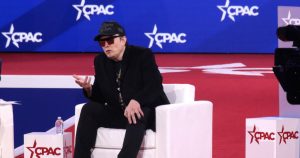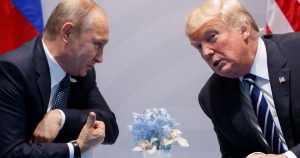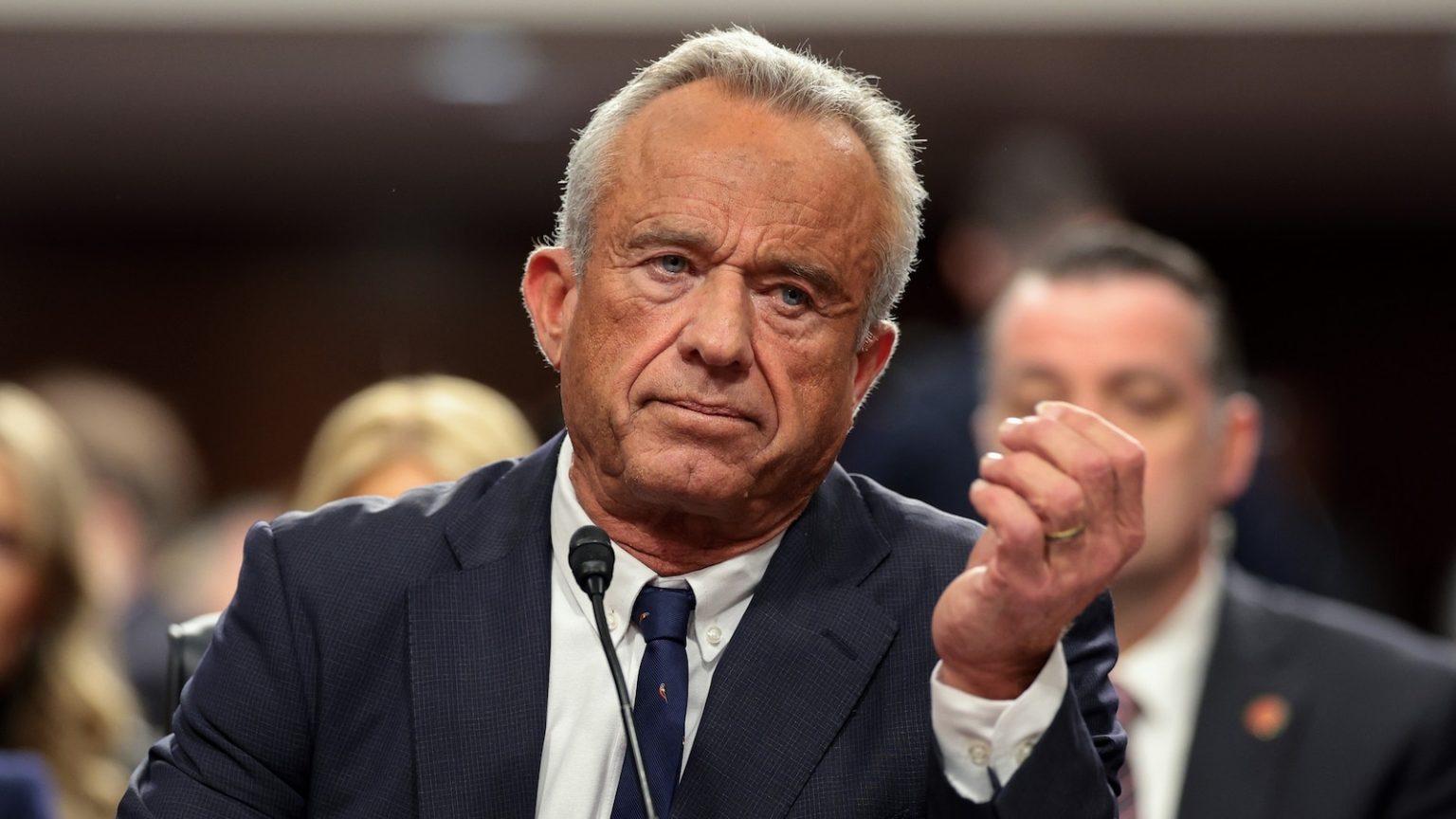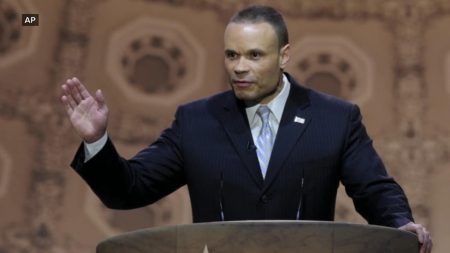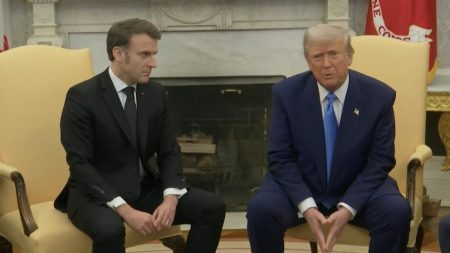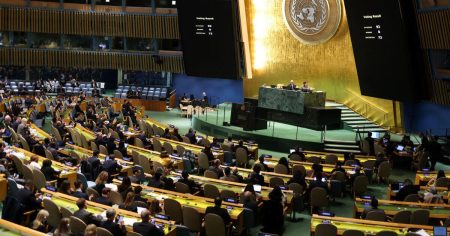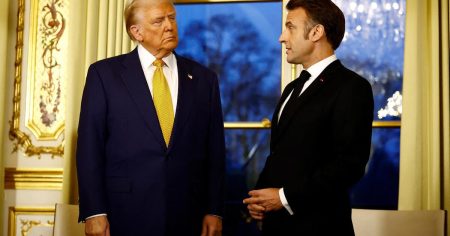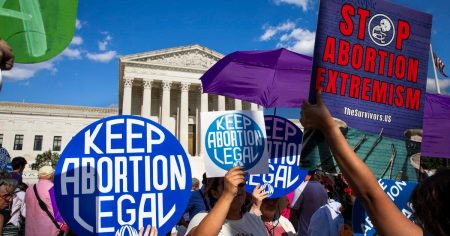New Health Secretary Robert F. Kennedy Jr. Vows to Investigate Childhood Vaccines and Other Potential Causes of Chronic Diseases
A New Era at the Department of Health and Human Services
In a bold and controversial move, newly confirmed U.S. Health Secretary Robert F. Kennedy Jr. addressed a packed room of federal health workers at the Department of Health and Human Services (HHS) headquarters on Tuesday. Kennedy, who has been a polarizing figure due to his past statements on vaccines, outlined his plans to investigate potential factors contributing to the nation’s growing burden of chronic diseases. Among the topics he intends to explore are the timing of childhood vaccinations, the use of antidepressant medications, and other previously taboo subjects. "Nothing is going to be off limits," Kennedy declared, signaling a willingness to challenge established scientific consensus.
The speech, which had the feel of a political campaign rally, was originally intended for HHS staff only, though a livestream link was circulated, allowing a broader audience to tune in. Following his address, Kennedy invited staff to meet him for selfies, a gesture that contrasted sharply with the turmoil unfolding across the federal government. Widespread firings and resignations, including at HHS, have created an atmosphere of uncertainty, with some 700 employees at the Centers for Disease Control and Prevention (CDC) reportedly losing their jobs just last week. Agency officials have yet to provide details on the impact of these departures.
Reopening Debates on Settled Science
Kennedy’s speech highlighted his intention to revisit issues that many in the scientific and medical communities consider settled. He urged staff to keep an "open mind" as he pledged to direct the agency’s resources toward exploring topics that have historically been met with skepticism or dismissed outright. Among the potential factors he listed for investigation were the childhood vaccine schedule, SSRIs (a class of antidepressant drugs), electromagnetic radiation, herbicides, pesticides, ultra-processed foods, artificial additives, allergies, microplastics, and chemicals used in non-stick cookware.
While some of these topics, such as the health impacts of environmental toxins, are actively being studied by scientists, others, like the link between vaccines and chronic diseases, have been thoroughly debunked by large-scale studies. For example, numerous investigations have failed to find any connection between vaccines and conditions like autism, yet Kennedy has previously promoted the discredited claim that vaccines cause autism. His willingness to revisit the childhood vaccine schedule has raised eyebrows, particularly given his earlier testimony before the Senate, in which he stated, "I support vaccines. I support the vaccine schedule. I support good science."
A Controversial Approach to Public Health
Kennedy’s announcement has sparked significant concern among health experts and advocates, who fear that his rhetoric could erode public trust in scientifically validated treatments and prevention strategies. Vaccines, for instance, are a cornerstone of public health, preventing life-threatening diseases like measles and protecting vulnerable populations through herd immunity. Similarly, SSRIs have been shown to be effective in treating depression and anxiety disorders, and there is no credible evidence linking them to chronic illnesses like obesity.
Critics argue that Kennedy’s approach, while framed as an effort to explore all possibilities, risks creating unnecessary doubt and confusion. By giving equal weight to debunked theories and evidence-based practices, he may undermine decades of medical progress and deter people from following proven health guidelines. This concern is particularly acute given his history of promoting unproven claims, which has made him a divisive figure even within the Trump administration.
The Broader Implications of Kennedy’s Leadership
Kennedy’s tenure as Health Secretary is likely to be marked by significant controversy, as his stated agenda clashes with the views of many professionals within the HHS and the broader scientific community. His call to convene representatives of "all viewpoints" to study the causes of chronic disease has been interpreted by some as an attempt to elevate fringe theories to the same level as peer-reviewed science. While exploring a wide range of potential factors may seem like a comprehensive approach, it also risks diverting resources away from well-established priorities and into unproductive avenues.
Moreover, the timing of Kennedy’s push to investigate vaccines and medications coincides with a period of growing distrust in public health institutions. The COVID-19 pandemic, in particular, has highlighted the challenges of communicating scientific information to a skeptical public. By questioning the safety and efficacy of vaccines, Kennedy may unintentionally—or intentionally—exacerbate these challenges, further polarizing the debate over public health policy.
Conclusion: A Pivotal Moment for Public Health
Robert F. Kennedy Jr.’s arrival at the helm of the Department of Health and Human Services marks a pivotal moment in the nation’s approach to public health. While his promise to investigate a wide range of potential causes for chronic disease may resonate with those who feel their concerns have been ignored, it also raises serious questions about the direction of the agency under his leadership. Will Kennedy’s tenure result in groundbreaking discoveries that challenge existing scientific understanding, or will it lead to a erosion of trust in vital health interventions? The answer will depend on how he balances his commitment to exploring unconventional ideas with the need to uphold evidence-based practices.
For now, one thing is clear: Kennedy’s leadership will be closely watched by scientists, health professionals, and the public alike. His ability to navigate the complexities of public health policy while addressing the concerns of both his critics and supporters will determine whether his tenure is seen as a period of innovation or a step backward for the nation’s health.
